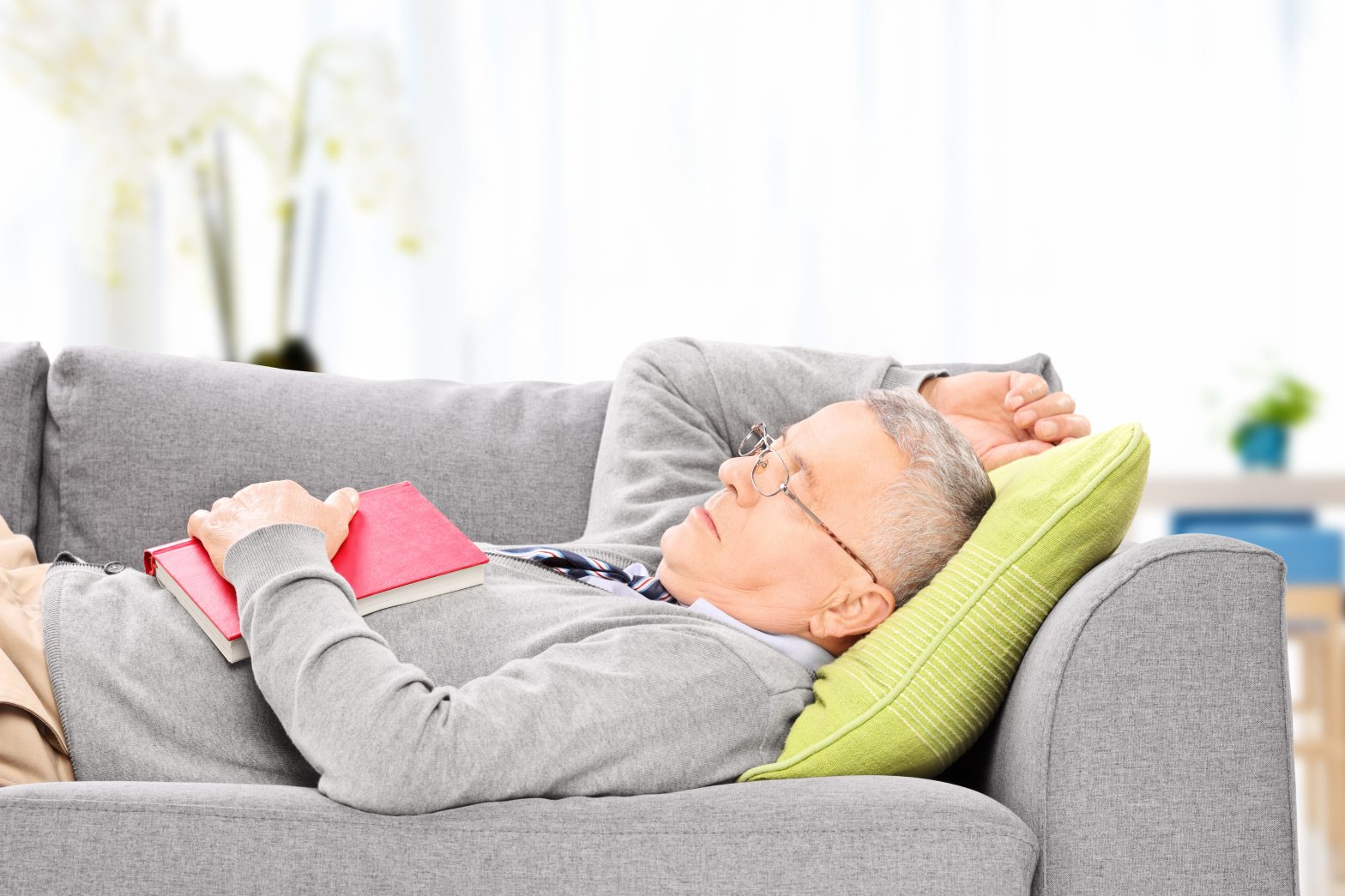The Power and Value of Naps
Posted by Paul Landini

It feels strange writing about the value of napping when we’re in the midst of a global pandemic. How many opportunities for shut-eye does an ER nurse get these days? How about the delivery driver under contract to Amazon, do you think there’s a cot in the back of that van suitable for stretching out on? Then we have the other segments of society, those who are self-isolating or working from home. The notion of napping under such circumstances may remind some of the question Jerry Seinfeld asked George upon learning of his unemployed friend’s vacation plans: “What, do you need a break from getting up at 11:00?”.
Yes, it can feel a tad selfish to prioritize rest and relaxation when the sky is falling…and therein lies the problem. Naps are anything but self-indulgent wastes of time. In fact, many experts agree that naps are essential tools for maintaining both mental and physical health. But as with any tool, you’ve got to know what you’re doing if you want positive results.
The benefits of napping
Before we discuss the “How” behind naps, let’s focus first on the “Why”. Humans are input machines. From the moment we wake up until we close our eyes at night, we’re absorbing information. This onslaught of stimuli has increased a thousandfold over the last 20 years, thanks, of course, to the internet and smartphones.
Our senses have to work overtime in order to match the pace of modern life. A midday nap offers our brains a break from sorting and sifting through all the images, sounds, and sensations that define daily existence. The hippocampus, in particular, loves naps. This powerful part of the brain is the chief driver behind memory and learning; studies have suggested that naps help with a sort of “memory consolidation”, embedding fleeting traces of input into actual, conscious memories.
Daily naps can reinforce learning, improve memory retention, enhance moods, and even build mental resilience, also known as “frustration tolerance”. It’s easy to see how these qualities can offer huge benefits for athletes, gym rats, and weekend warriors. If you’re in a positive mood and have a high tolerance for periods of unpleasantness, you’re all but guaranteed to have a great workout. And what is training, after all, but the building of physical skills? The more information your brain retains, the easier it will be for your body to recall the various techniques demanded by specific exercises.
Enter the Power Nap
There are two very real downsides to the afternoon siesta, both of which are rooted in the same mistake every napping naysayer makes. The first is, waking up from a long nap can leave one feeling more tired and less alert. The second is, napping can interfere with nighttime sleep. If either of these scenarios sound familiar, chances are you’re napping too long.
The secret to effective napping is in the duration. Multiple studies on athletes have pointed to 30 minutes as being the magic window for maximizing the cognitive benefits of napping; any longer and you run the risk of falling into a deep-sleep state, at which point your brain and body will likely be pretty cranky if you get anything less than the proverbial 6-8 hours.
When it comes to self-care, a half-hour power nap is among the most affordable luxuries we can offer ourselves. The next time you find yourself staring mindlessly at your inbox pretending to work, consider closing your eyes for 20-40 minutes instead. Think of it as a midday boot camp for that most important of muscles—the one between your ears.







